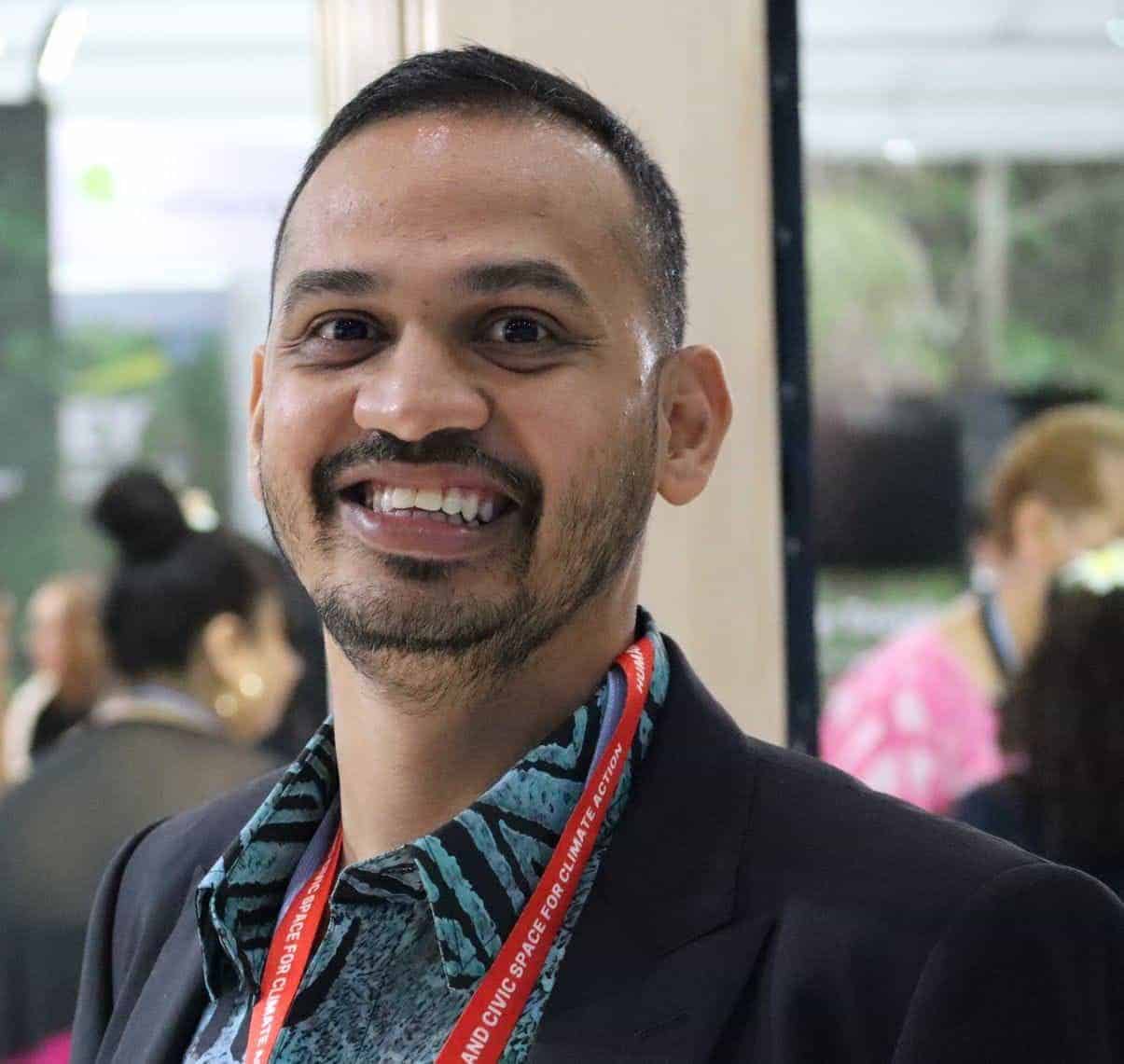Pacific Polytech organised a panel discussion on the effectiveness of Conference of Parties meetings, where experts and officials discussed the ongoing challenges and opportunities presented by these global climate summits.
Independent expert on climate change, energy, and environment, Dr Mahendra Kumar, points out the disparity between international commitments and actual outcomes.
He notes that despite the growing number of countries attending COP meetings, global emissions continue to rise.
Fiji Council of Social Service Executive Director Vani Catanasiga said that while COPs have historically provided a platform for Pacific voices to be heard on the global stage and allow advocacy for climate justice and to emphasise the disproportionate impacts that climate change has on countries like ours, the question that one must ask is whether we are ensuring the right voices are truly being heard.
“It is critical that our representatives focus on high-priority issues for the region, such as loss and damage, climate finance, and addressing climate-induced displacement.
“We have an opportunity here to form strategic partnerships and secure specific commitments that address our unique needs. Last year’s experience underscored that poor pre-COP coordination can lead to missed opportunities.”
Permanent Secretary for the Ministry of Environment and Climate Change, Dr. Sivendra Michael, stresses the significance of COP meetings for Pacific nations, highlighting that COPS are a process; it’s a multilateral process, and the outcomes take time to be nationalised and domesticated. The panel concluded that while COP serves as an essential forum for international dialogue, Pacific nations continue to push for more concrete actions and efficient use of climate finance to address their unique challenges.
